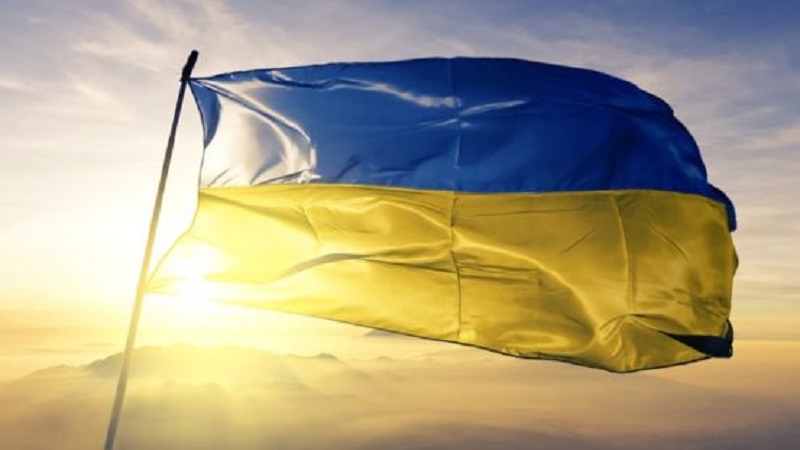The board of Jupiter Emerging & Frontier Income (JEFI) is proposing to pull the plug on the investment trust, as the crisis in Ukraine puts a damper on its future growth prospects.
In a stock exchange announcement on Tuesday, the board concluded it would be in shareholders’ best interests to liquidate the £67m trust, which is at “risk of further shrinkage through redemptions” and faces “limited opportunities for growth against the backdrop of a deteriorating international outlook”.
The board said Russia’s invasion of Ukraine “has only served to reinforce [its] reservations”.
As part of the proposals, the board is weighing up a “scheme of reconstruction” which would include an optional rollover of the company’s assets into another vehicle, in addition to a full cash exit less costs.
QuotedData said news of JEFI’s impending liquidation was “disappointing” as it offered a “distinctly different investment proposition” and had a “decent yield,” which was the highest in the sector.
But it added a rollover into another investment company would be difficult in the current environment given every single emerging markets trust trades on a discount.
JEFI’s liquidation is a last resort for the board, which had been trying to amend the redemption facility and implement a continuation vote every three years. However, on 24 February the board revealed support for the proposals had not been “sufficiently broad” enough to implement.
So far this year, JEFI has seen 10% wiped off its share price. But it has held up better than its peers in the IT Global Emerging Market sector, including Fundsmith Emerging Equities and Barings Emerging Emea Opportunities, the latter of which is sitting on 33% losses.
The trust’s exposure to Russia has drastically fallen, following the attack on Ukraine, due to manager Ross Teverson selling stocks, including a position in Sberbank, and the value of its holdings being written down.
As of 1 March, JEFI’s direct and indirect exposure to Russian-listed stocks was 0.4% of net asset value, this compares to 6.3% on 23 February.










